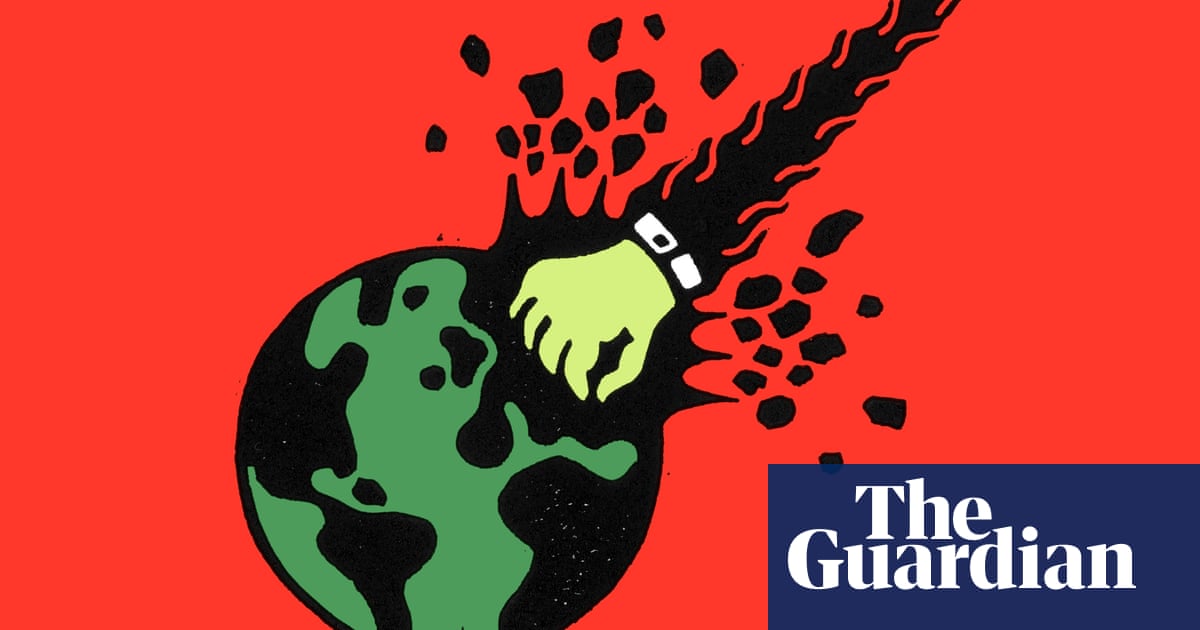Let's take Jeff Bezos as an example here. What economic growth did he create with Amazon? He didn't "create" any consumers. He didn't "create" any demand. He didn't even "create" any new products. People buy more or less the same stuff as they always did, but now they do so with
less exercise, less social interaction, and fewer people employed in retail to meet those demands. There's some upsides in there somewhere as well, but it's very possible that Amazon and online retailing has been a net negative for society and economy. Of course it's not like Bezos is the devil or anything, because this was an inevitable trend with the growth of the internet; it wasn't a particularly innovative idea, Bezos just got into it a little earlier, a little more aggressively and in some ways a little more efficiently (by all accounts he's been pretty 'efficient' with wages and working conditions, for example) than other folk did.
Or Bill Gates, one of the more admirable 'richest men' there've been for what it's worth; intelligent, hard-working, generous and Microsoft products have pretty unequivocally been a net positive for humanity. But what did he actually create? He didn't invent metallurgy, or electronics, or computers. He didn't even invent DOS; it was simply by
adapting and licensing DOS for IBM and IBM-compatible PCs that they took off as an industry standard, and by the time they were developing Windows it much more of a team effort (and indeed for his own part Gates
at the time "did not think that he was working hard enough"). If there'd been no Bill Gates or Paul Allen, office and personal computing still would have exploded in popularity, operating systems and processing programs still would have been developed, and presumably
someone else would have become a mega-billionaire as a result; maybe a few years later or less spectacularly, maybe the products would have been a bit worse or maybe they would have been a bit better, but there's no basis for supposing that the absence of Bill Gates would have resulted in major societal or economic consequences.
Do you think that Steve Jobs "created" ten times more of anything than Steve Wozniak? Or that Bill Gates "created" five times more than Paul Allen, let alone dozens or hundreds of times more than their other programming and marketing team members?
If these billionaires were two or three times more talented and hard-working than their average peers in their respective fields - and even that is a big if in most cases - then by all means they deserve a few million dollars. But they are billionaires due to the windfalls of a inherently wealth-concentrating system, the focal point of which 'we' have chosen to accept being towards a handful of individuals rather than towards public distribution of our common wealth.



